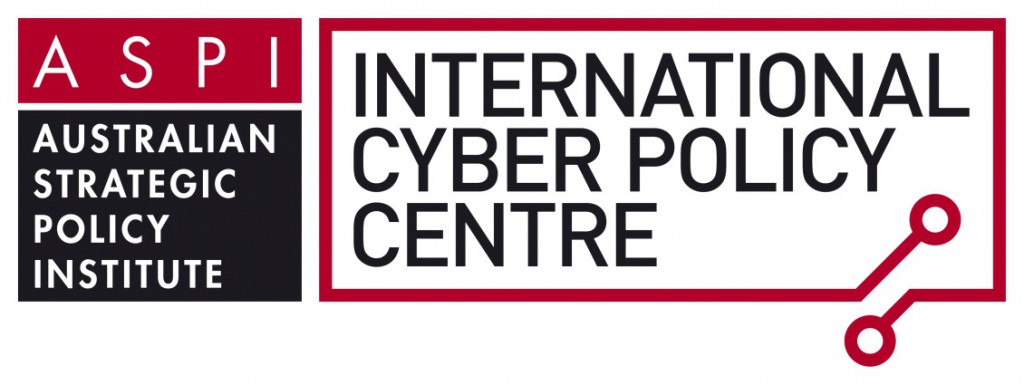 Welcome to the first weekly roundup of cyber security news. Each week we’ll be providing a list of selected articles on cyber threats, policy developments and technologies from around the world so that policy makers, industry figures and the public can keep more broadly informed on what’s taking place in this rapidly evolving area.
Welcome to the first weekly roundup of cyber security news. Each week we’ll be providing a list of selected articles on cyber threats, policy developments and technologies from around the world so that policy makers, industry figures and the public can keep more broadly informed on what’s taking place in this rapidly evolving area.
The biggest news of the week is the first meeting of the US-China Cyber Security Working Group, which is intended to act as a preliminary meeting to an annual high-level forum between the two heavyweights. To be a fly on the wall at this meeting would prove interesting, after a year of US anger at Chinese infiltration of its systems and theft of important defence information. Yet, one can sense that there would be more than a few questions raised from the Chinese about the US ‘Prism’ programme and claims from whistle-blower Ed Snowden that the US has been combing through Chinese systems as well as those of many of its allies. Watch this space to see how this dialogue progresses.
Hot on the heels of recent bilateral discussions between the US and Japan, several Japanese reports have argued that efforts to counter the cyber threat are inadequate. The new Cyber Defense Unit (CDU) which intends to bring together Japan’s military cyber capabilities into one unit by 2014, is facing increased criticism. There are concerns that the unit is being understaffed and underfunded, despite a staff of approximately 100 and an establishment budget of US $141.9 million for 2013-14. Claims are being made that 2-3,000 staff are required to carry out this role. As well, the continuing lack of a whole-of-government cyber security unit limits the effectiveness of Japan’s cyber response. Realistically, this team will only work to protect Defence networks within Japanese government systems, with a wider solution to the problem still some way off yet.
The Pakistani Senate Standing Committee on Defence this week proposed an action plan for cyber security in Pakistan, prompted by the theft of information by US intelligence agencies. The plan calls for relevant legislation to preserve, protect and promote Pakistani cyber security. The proposal even called for talks with India over creating norms of behaviour between the states, with a view to expanding this to other SAARC nations.
South Korea has promised to double its cyber security budget and train 5,000 experts as it grows increasingly concerned by North Korean attacks. The budget is set to rise to $9.7 billion by 2017. The ROK will also host the Seoul Conference on Cyberspace in October. This will be the third international conference on cyberspace following gatherings in London and Budapest. The conference will draw together public and private sector cyber experts from over 80 countries to discuss a range of cyber related issues. The website is now live and includes a program schedule.

